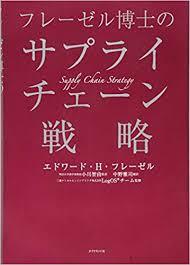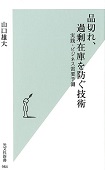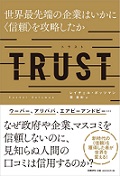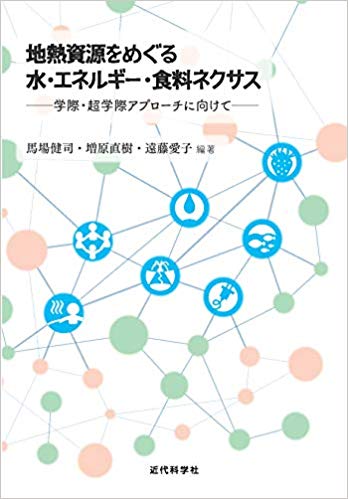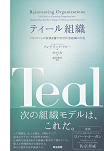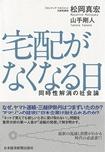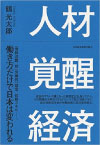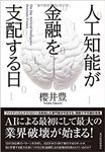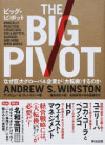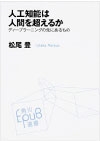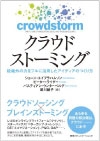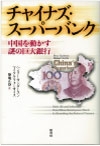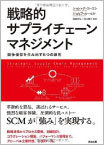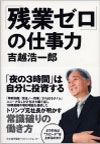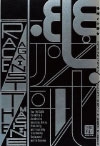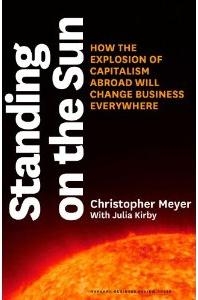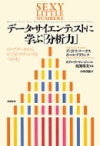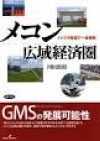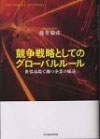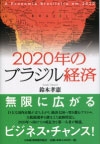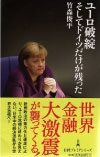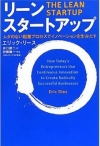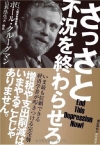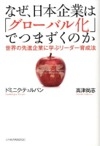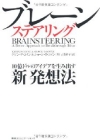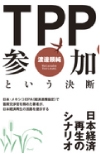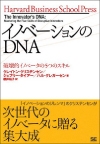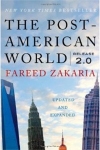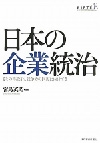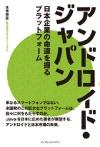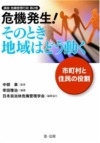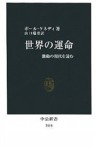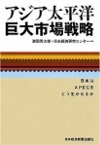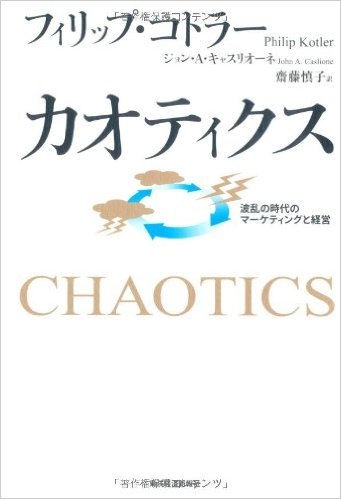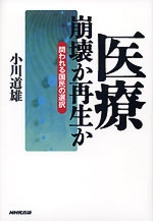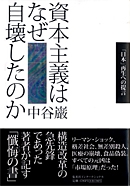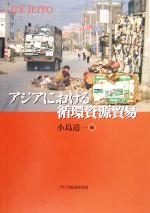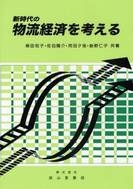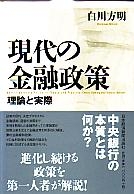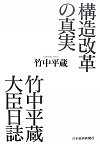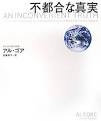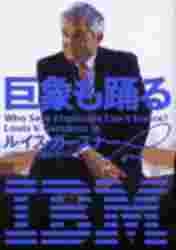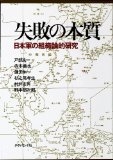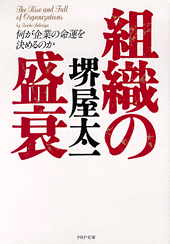研究員お勧めの書籍を独自の視点で紹介

2012年2月3日
2008年にファリード・ザカリアが著した「アメリカ後の世界」は、金融危機によって大きな影響を受け、グローバル経済への影響力が低下した米国と、その一方で政治的、経済的に力を増したインド・中国など新興国について分析した。本書は、その内容を更新し2011年の夏に「アメリカ後の世界、リリース2.0」として発行されたものである。
新興国の台頭が続く中、今後アメリカが政治力・外交力をどのように発揮できるかは、依然として大きな課題である。新興国の経済が急拡大したことにより、原油、銅、貴金属の価格が急騰した。インドや中国の経済発展を支える電力は世界各地からの石炭輸入でまかなわれており、両国のCO2排出量は地球環境に大きな影響を及ぼしている。新興国台頭の勢いは際立っているが、一方でバイオ、ナノテク、大学院レベルの高度教育などは依然として米国が力を発揮するべき分野であり、それは可能である。次の10年に米国が何をなすべきかに関するコンセンサスも形成されつつある。最近クリントン国務長官は米国の経済的利害のために外交の役割を従来以上に高めることを提唱している。ザカリアは金融危機後の最新データを説明しながら、今後10年アメリカが直面する課題への提言やとるべき行動について述べている。本書から「ポスト・アメリカ」の世界経済について考えさせられることは多い。
The Post American World Release 2.0 is Zakaria’s updated and expanded version of the original edition of The Post American World (2008). In this updated version, he continues to explore the role of the United States in this period of rapidly developing countries and multiple economic players.
Zakaria calls this period the “rise of the rest,” an economic phenomenon that affects multiple spheres of our daily lives, such as the military, industrial, financial, educational, social, and cultural components of our world. A complicating factor in this period, and a characteristic of the post-American world, is that there are many new participants who are influencing this power shift. There are non-state entities, groups that have been empowered by some political process, the World Trade Organization and similarly large diplomatic and economic entities, organizations on the fringe of society, such as terrorist organizations, and drug cartels. For the US to tackle a global issue of importance to its sovereignty, then the traditional diplomatic channels are less effective in pushing for change.
In terms of economic change, the past twenty years are viewed as a period where emerging markets account for 47% of the world economy. Global trade also grew rapidly, increasing by 267% over the same period. Zakaria notes that the problems we face have less to do with terrorism and preparing for possible attacks by ill-willed groups, but rather are “problems of plenty” in which rapid economic and trade growth have raised complex issues for the world economy. These issues center on energy and other commodity resources. As the world economy continues to grow, the demand for fossil fuels and commodities to sustain this growth has an impact on the environment. Further, the demand for power is forecast to continue to expand, and the main fuel supply for inexpensive power is coal. With India and China driving the demand for power, then the growth of new plants to supply power to these growing giants will be concentrated in these growing giants. The impact on the environment will be predictable.
The rise in the economic fortunes of emerging countries also implies that these new players to the world stage will increasingly look to each other for political and economic alliances. The post-American world will increasingly be characterized by the movement of power to multiple centers or nodes in the global network. This new network will be decentralized, will have global characteristics, and will be one in which traditional mechanisms for international cooperation will be minimized, and countries will need to engage with each other on a larger scale. In the post-American world one single global power will no longer have dominance over ideas, agendas, or schemes. The new global order will be quite different for all players, and particularly different for the US which previously operated in a world where all global political issues seem to lead to Washington, DC. Key to how the US evolves its methods and approach will entail how the US engages with China and India.
Zakaria goes into detail about the role of the US in this increasingly global world. In the areas of industry, the US has a role to play in the development of nanotechnology and biotechnology. Education is also cited as a key industry for the US to continue to pursue and enhance, and points out that higher education is America’s best industry. In fact, if you look at one of America’s top MBA programs at the Harvard Business School, it is interesting to note that the school continues to invest in its core programs of marketing and finance, but is also enhancing its program by having students understand the role of globalization in business, require that students undertake an exercise about how to start a business, and execute on the plans and strategies that they create. This level of innovation in graduate level education programs is inspirational and an area where the US can demonstrate leadership to the global community.
There seems to be an increasing consensus on what the US needs in the next ten years. In a speech delivered in October, 2011, US Secretary of State Hilary Clinton described the role of diplomacy going forward in a speech titled “Economic Statecraft.” In this speech she advocated an expanded and enhanced role of foreign diplomacy in furthering the economic interests of the US. In a sort of American version of state capitalism, she points out that all embassy missions will be channels for enhancing America’s economic position. Zakaria also points out that building a broad structure of rules, developing small work-around to problems, thinking asymmetrically about problems and the players that can contribute to problem solving, and developing a legitimate foreign policy that has a convincing agenda are ways of developing rules for a new political age.
Zakaria’s book is a must read as it is one that sheds light on the key characteristics of the post-American world, discusses what this new world may look like in the midst of the rapidly growing economies of China and India, and offers a framework for how US politicians and public leaders can take actions to be resilient in a new political age. It is a book with many facts and details that are put into a context where it is easy to understand the US in the new age ahead.
